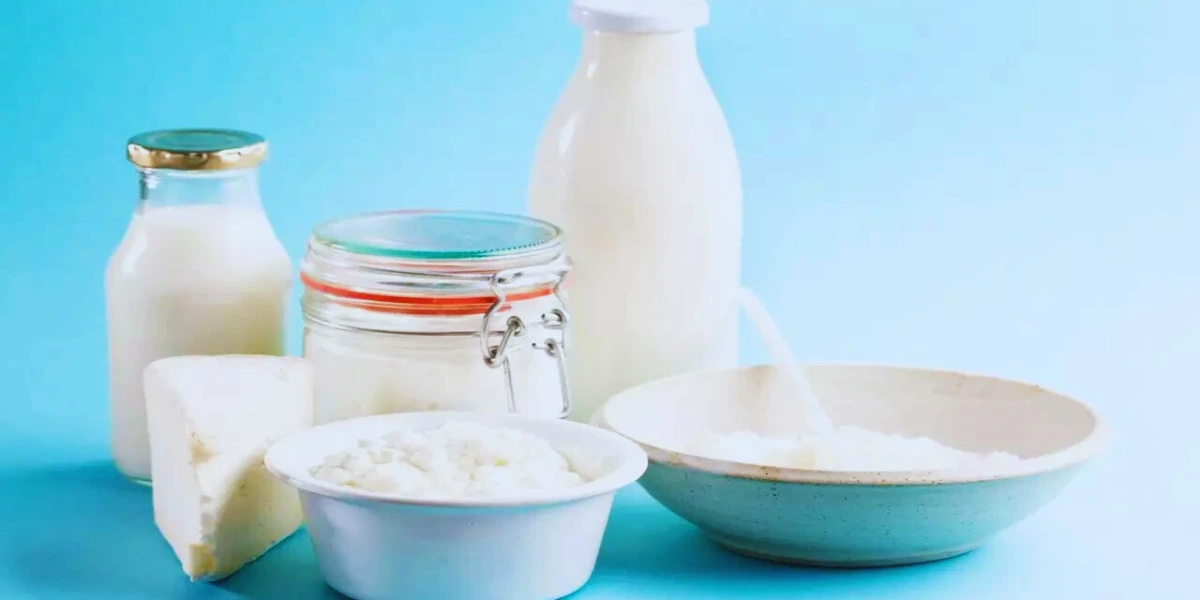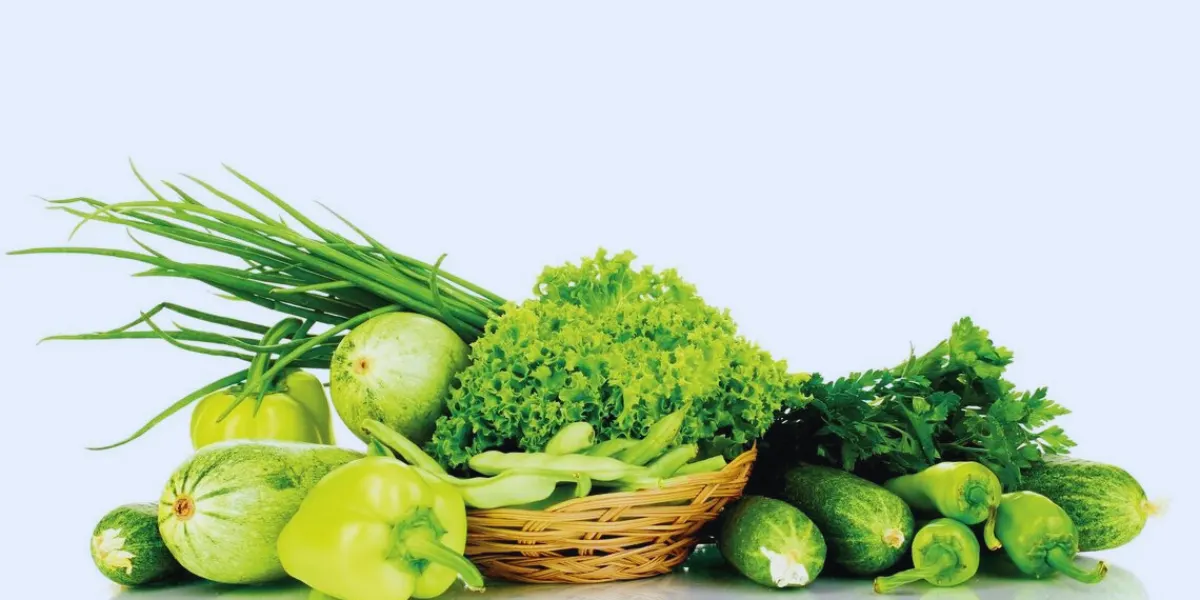Cartilage plays a crucial role in protecting our joints, enabling smooth movement and absorbing shock. It is a delicate tissue, prone to wear and tear over time, especially with age, injury, or overuse.
As you age and utilise your joints more frequently, cartilage is subjected to different conditions that can weaken and cause it’s break down.
This covers all physical activity, such as walking and exercising. These activities may cause cartilage to deteriorate to the point that it becomes painful.
The cartilage may also decline with age and in those with osteoarthritis, which can lead to pain and discomfort.
Oftentimes, you will need major dietary adjustments that are excellent for regenerating cartilage and keeping strong, healthy joints.
In this article, we will educate you on seven(7) foods you can incorporate into your diet to help rebuild the cartilage.
What Are The 7 Foods To Help Rebuild The Cartilage?
Here are 7 foods rich in vitamins that can help rebuild the cartilage;

1. Bone Broth
It is made from boiling bones and connective tissues, this ancient superfood is high in collagen, the primary protein found in cartilage.
Bone broth contains easily absorbed collagen peptides that can help your body produce more collagen. It also contains the minerals calcium, magnesium, and phosphorus—all of which are vital for the health of bones and joints and well contained in the bone broth.
Our natural production of collagen decreases with age and this serves as a good source of supply. Glucosamine chondroitin and omega-3 fatty acids are some of the anti-inflammatory substances abundantly found in bone broth.
These substances aid in lowering joint inflammation, which helps lessen discomfort and stiffness brought on by cartilage degradation. The bone broth dish is versatile. You can drink it as tea or use it as a recipe for your other dishes.
2. Diary foods
Small amounts of collagen, the primary protein in cartilage, can be found in some dairy products, such as cheese and yogurt.
The amount can boost the body’s manufacture of collagen and increase overall collagen intake through the provision of vitamin D, which enhances calcium absorption and utilization.
Vitamin D also functions in regulating inflammation which is beneficial for joint health.
Dairy foods also contain a high concentration of probiotics, or healthy bacteria that play a big part in maintaining intestinal health, lowering general inflammation, and encouraging cartilage repair.
3. Citrus Fruits
Citrus fruits, such as oranges, and lemons, are valued for their high vitamin C content, which is necessary for the synthesis of collagen.
When it comes to keeping joints flexible and strong, this vitamin is essential. Free radicals that harm cartilage and cause inflammation can be neutralized with the use of vitamin C.
Grapefruit, for instance, is a great source of bioflavonoids and vitamin C. Particularly, the bioflavonoids support cartilage resiliency and reduce inflammation.
Also, Vitamin C improves the body’s ability to absorb other nutrients, like calcium and iron, that are essential for healthy cartilage.
While calcium is necessary for the mineralization of bone and cartilage, iron is involved in the creation of collagen. This way, they strengthen and improve cartilage by enhancing the intake of these essential nutrients.
4. Green Tea
Green tea is rich in polyphenols, particularly epigallocatechin gallate (EGCG), which has anti-inflammatory properties and helps protect cartilage from damage.
With its anti-inflammatory qualities, this strong antioxidant may help lessen the discomfort and stiffness brought on by cartilage deterioration. Green tea also has a preventive/protective action.
EGCG selectively targets the enzymes responsible for cartilage degradation and offers you joint protection from them.
The antioxidants contained in green tea may stimulate collagen production, potentially aiding in cartilage repair and maintenance, and also help neutralize free radicals found in the body, protecting cartilage from their detrimental effects.
5. Turmeric
Turmeric is a cartilage-rebuilding ingredient worth incorporating into your diet. This rich spice has been shown to contain curcumin, a potent anti-inflammatory with advantages for joint health.
In addition to protecting cartilage from deterioration, curcumin’s antioxidant qualities also aid in reducing pain and stiffness.
Curcumin also stimulates the production of collagen, the main protein component of cartilage. This increases collagen synthesis which can contribute to strengthening and repairing damaged cartilage over time.
You can add turmeric to your warm milk, dishes, smoothies, or curries to get a balanced medicinal dose.
6. Leafy Green Vegetables
Rich sources of nutrients necessary for joint health are spinach, kale, broccoli, and Swiss chard. They have a high vitamin K content, which is crucial for the metabolism of cartilage and bones.
They also contain glucosamine and chondroitin, which are naturally occurring cartilage building blocks that have been demonstrated to lessen joint discomfort and increase mobility.
Also, green vegetables contain substantial amounts of calcium and magnesium and are all rich in carotenoids which are potent antioxidants.

7. Nuts and Seeds
Plant-based omega-3 fatty acids, which are essential for lowering inflammation and promoting joint health, can be found in abundance in almonds, walnuts, chia seeds, and flaxseeds.
They are high in fiber, vitamin E, and minerals like copper and magnesium, all of which are good for the overall health of your bones and joints.
Nuts also contain hyaluronic acid in abundance—which is essential for people experiencing joint pain. In addition, nuts are a great source of magnesium which enables your body to absorb the maximum amount of hyaluronic acid from your diet.
Conclusion
The ideal recipe for maintaining strong and flexible joints is a healthy lifestyle that includes frequent exercise, a well-balanced diet, and good living habits.
You can include these nourishing foods in your diet to give your body the building blocks and supportive nutrients it needs for optimal joint health.
The benefits of these foods are listed and described in the article. Keep in mind that consistency is necessary when incorporating these foods into your diet.
These foods can help you maintain the long-term health of your joints and keep them pain-free and flexible for many years to come.
You can consult your doctor or a registered dietitian for personalized dietary advice and counsel adequate for your specific needs and health conditions.
References:
- MedlinePlus. Cartilage Disorders (https://medlineplus.gov/cartilagedisorders.html). Accessed 4/5/2022.
- Chen S, Fu P, Wu H, Pei M. Meniscus, articular cartilage and nucleus pulposus: a comparative review of cartilage-like tissues in anatomy, development and function. Cell Tissue Res. 2017 Oct;370(1):53-70.
https://www.ncbi.nlm.nih.gov/pmc/articles/PMC5645221/ - Loy BN, Zimel M, Gowda AL, Tooley TR, Maerz T, Bicos J, Guettler J. A Biomechanical and Structural Comparison of Articular Cartilage and Subchondral Bone of the Glenoid and Humeral Head. Orthop J Sports Med. 2018 Jul;6(7):2325967118785854.
https://pubmed.ncbi.nlm.nih.gov/30046634/